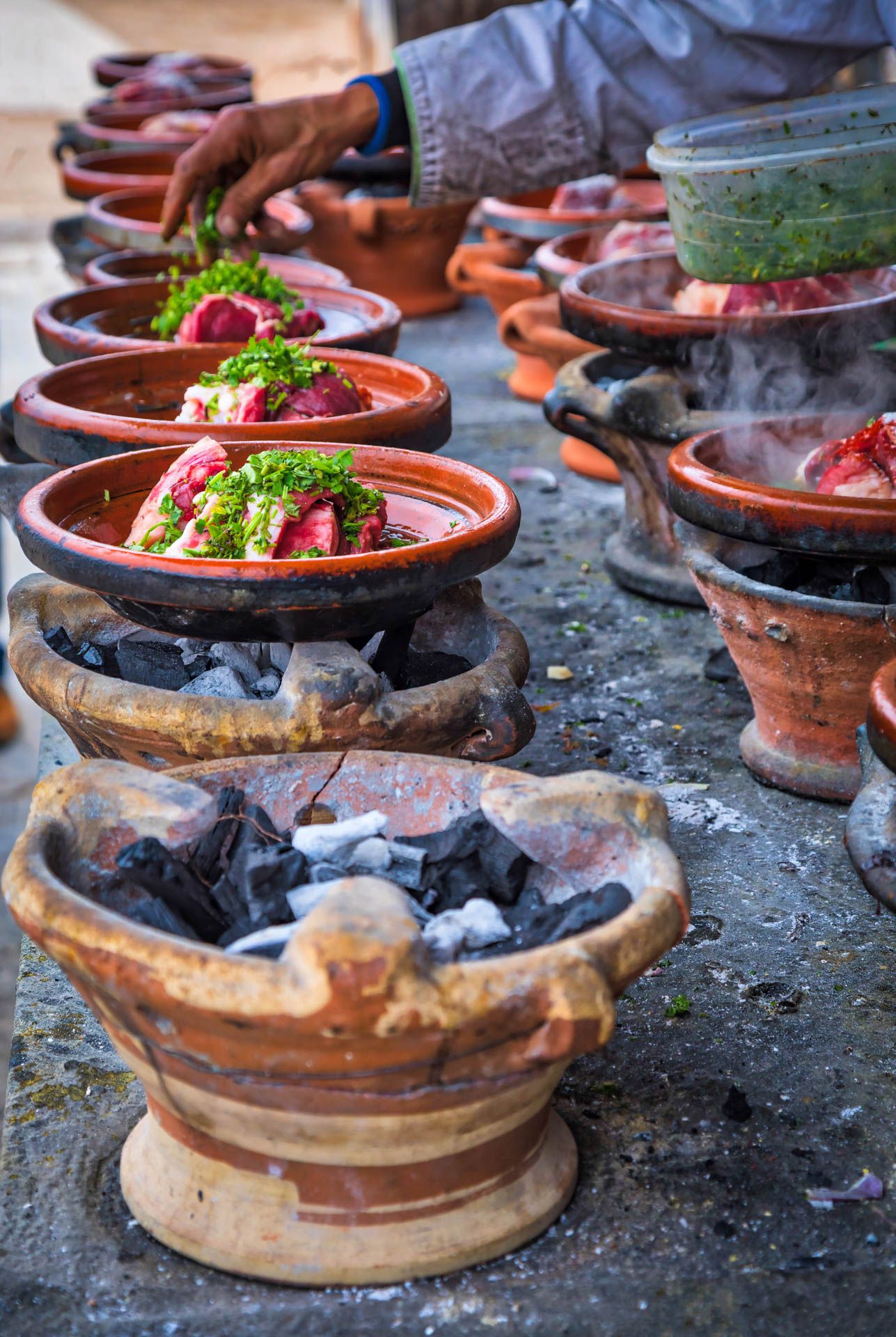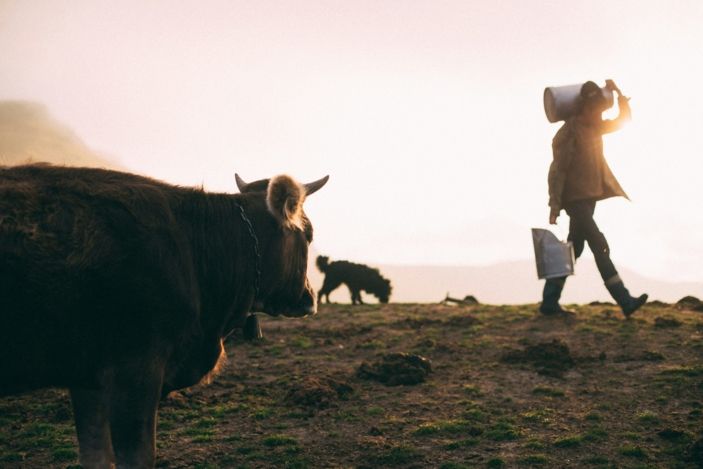
The world is confronting a critical challenge: how to feed a rapidly growing population in the face of climate change impacts. By 2050, a growing population of nearly ten billion people will require safe, affordable protein, putting immense pressure on global food security. The increasing global demand for beef and dairy places significant strain on livestock industries to simultaneously enhance production efficiency, reduce emissions, and improve ecological sustainability and animal welfare.
Ruminant livestock are essential for global food security, transforming products that are not fit for human consumption into high-quality protein, such as meat and milk. These products provide crucial amino acids, energy, minerals, and vitamins necessary for a healthy, well-balanced human diet. Additionally, in many low and middle-income countries, livestock not only provide food and income, but also serve as a source of draught power, fertiliser, household energy, and a means of disposing of unwanted crop residues.
The UN Food and Agriculture Organisation (FAO) predicts a 20 percent increase in demand globally for animal products by 2050 compared to 2020 levels, driven by an expanding and more affluent global population, particularly in low-income and lower-middle-income countries.

Transformative strategies and global cooperation will be crucial to confront these challenges and achieve long-term food security.
Selective breeding and rapid genetic improvement offer pathways to unlock productivity increases and reduce environmental impact.
The FAO identified productivity increases and breeding as two key solutions that could have the greatest impact in mitigating emissions from the livestock sector with estimates between 28% – 44% Mt of CO2 reduced between now and 2050.
Due to the expense and difficulty, IVF and embryo transfer technologies are prohibitive to the commercial producer and so have commonly only been utilised by elite breeding operations. The annual rate of genetic gain achieved has traditionally been slow at around 1.5-2 percent per year.
Nbryo is developing a platform of new, affordable breeding technologies and data analytics that has the potential to accelerate generational change in beef and dairy herds dramatically. It enables the production of elite high-quality embryos at scale. It will now take only seven days using embryos, to achieve what used to take seven years using natural selection or artificial insemination.
With four key technologies, the Nbryo platform will give producers access to:
More accurate identification of desirable traits and greater selection intensity, providing benefits across the entire value chain through:
Ensuring communities around the world have fair and equal access to nourishing food as the climate crisis intensifies will require new technologies, significant changes, and the development of resilient livestock systems.
The advanced breeding technologies offered by the Nbryo platform will give producers and communities the tools to breed animals with superior genetics that can increase farm productivity, improve sustainability, and boost profitability. The result is that livestock producers and their communities thrive into the future.